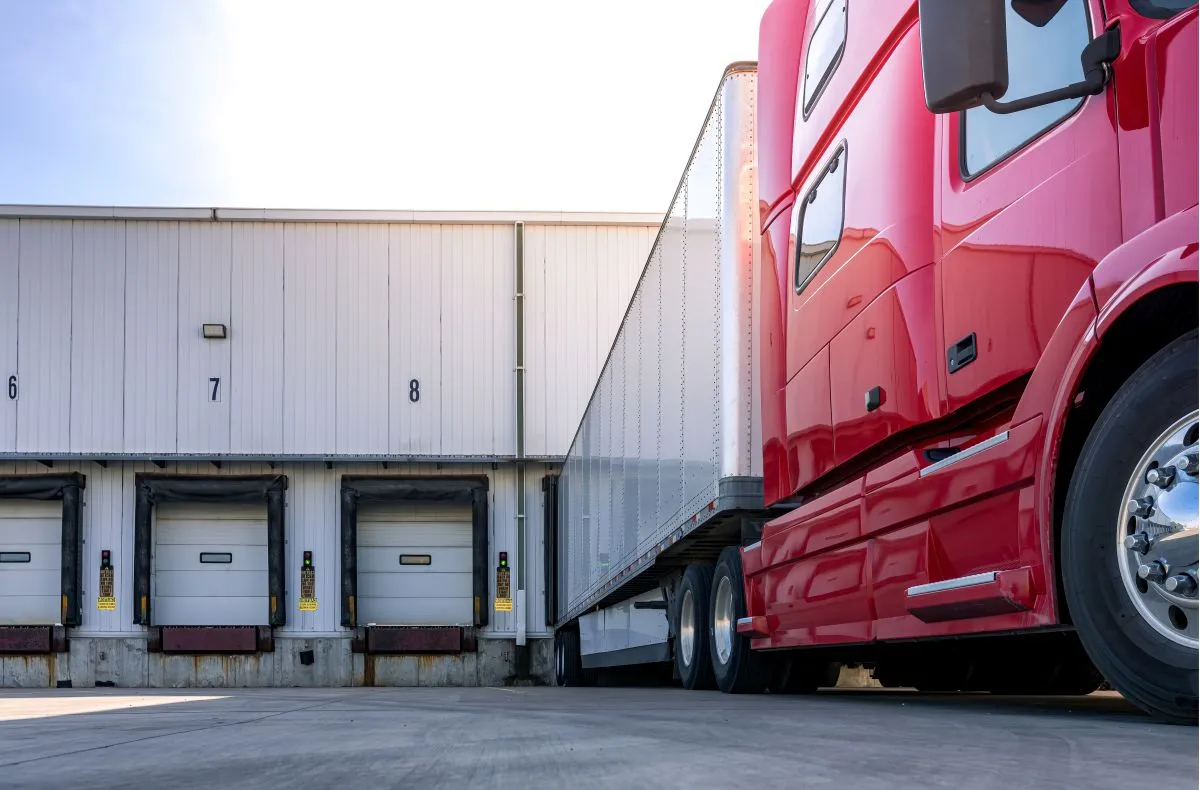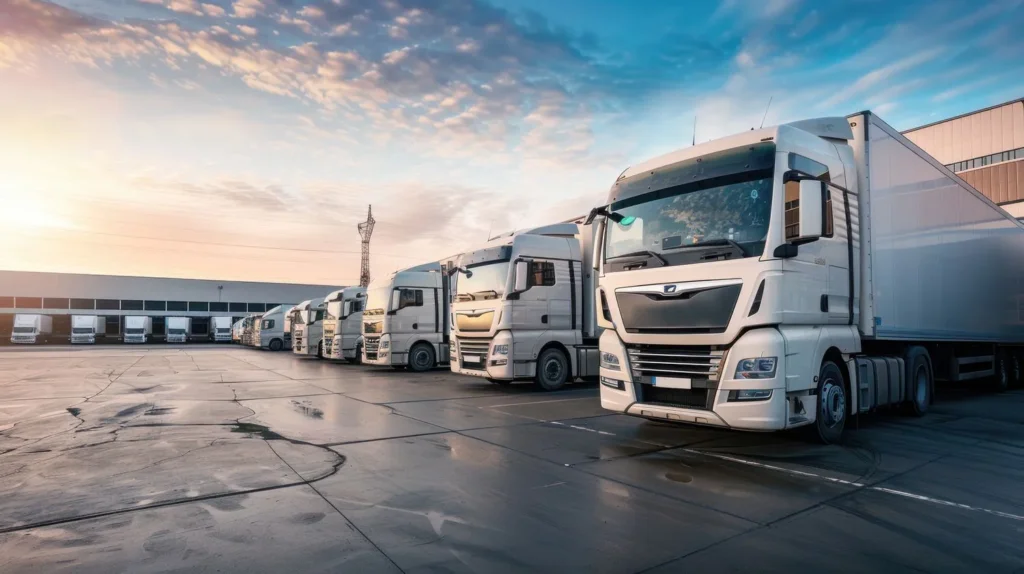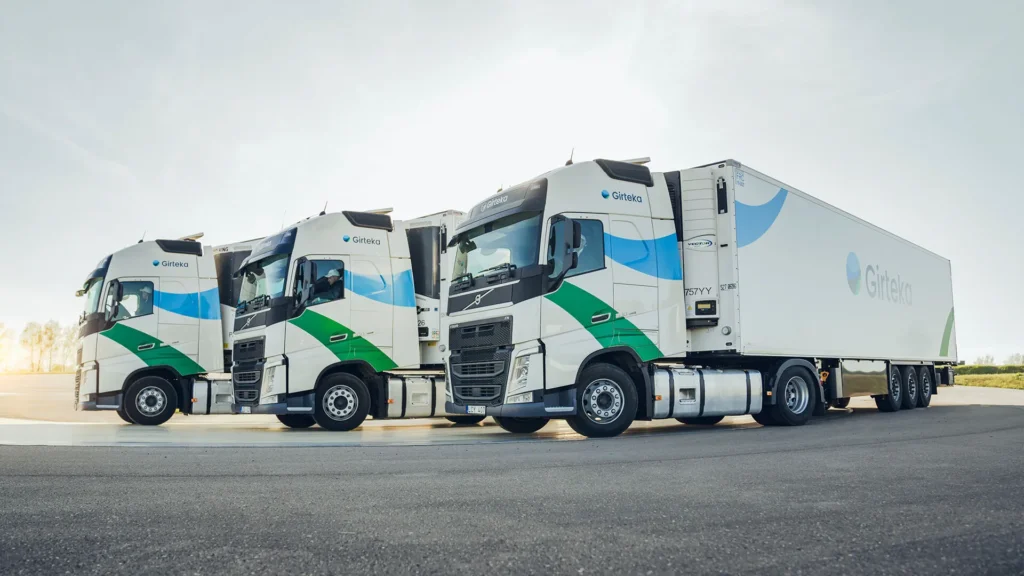Battery-electric trucks typically weigh more than their diesel counterparts due to heavy batteries, which can reduce available payload. A 2-tonne derogation exists in UK regulations to accommodate zero-emission vehicles, but operators report that this does not fully address the problem.
According to the RHA, payload restrictions are creating operational and financial challenges, particularly for small and medium-sized businesses. In some cases, lower payloads may require additional vehicle movements, increasing costs and undermining efficiency.
“This is about making BEV adoption work in the real world. We need robust data from operators across the country to ensure the government understands the practical barriers and ensure regulations incentivise and support a fair and viable transition,” said RHA Managing Director Richard Smith.
Evidence gathering for government discussions
The survey asks businesses to share operational data such as payloads, stem distances, shift patterns, and anticipated battery-electric vehicle uptake. The RHA says the information will be anonymised and aggregated before being presented to the Department for Transport.
The association stresses that the feedback will help build the case for regulatory changes and targeted incentives to make electric HGV adoption more feasible for operators.
Deadline for responses
The survey is open to all commercial vehicle operators and must be completed by 5pm on 31 October 2025.
Read more about electric trucks, grants and infrastructure:
- Need EV chargers at your depot? Don’t miss this £1 million EV charging grant
- Electric lorries exceed range claims but oversized batteries raise costs, study finds
- UK decarbonisation scheme seeks hauliers for electric lorry trials
- “Great start, but more to do”: Daimler Truck urges UK to ramp up public HGV charging
- New subscription model offers e-trucks and charging for one monthly fee





